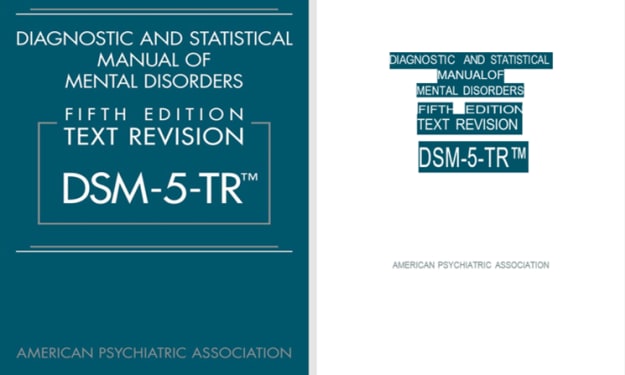Best Tips for Stress-Free Living
6 tips for stress free life...

Stress is a response that triggers when you feel threatened and is an important signal to your body that something needs to change in order to keep you safe. In the short term, stress is not something that you want to avoid at all costs. Acute stress responses are perfectly healthy as they help us deal with challenging situations, such as a job interview or public speaking event. In these instances, stress hormones like adrenaline and cortisol are released in small amounts while our body readies itself for action. However, if stress becomes chronic and we aren’t able to cope with it effectively, then its prolonged presence can have negative effects on our ability to function optimally. Chronic stress has even been shown to have an impact on our immune system and risk for developing diseases such as anxiety, depression, Alzheimer’s disease, and arthritis.
Content:
Section 1: What is acute stress?
Section 2: What is chronic stress?
Section 3: 6 Ways to manage stress
Section 4: Conclusion
What is acute stress?
First, let’s take a look at what acute stress is, since it is the first response to stress. Acute stress is very short-term and is characterized by having a heightened sense of awareness in order to react to a challenging situation. Normally, when we are faced with a challenging situation, serotonin and dopamine are released as neurotransmitters to help us calm down and process the event. Acute stress is when these neurotransmitters are released in high amounts and adrenaline and cortisol are also released, triggering a fight-or-flight response. Acute stress is a very important part of the human body’s everyday functions and is a reaction to a short-term event. It can be anything from preparing you for a presentation at work to getting you ready for a car accident. Acute stress is primarily responsible for getting us ready to deal with challenging situations. It gets our hearts pumping faster, increases blood flow to our extremities, and shunts blood away from our internal organs as a way to feed energy to our muscles so we can fight or run away.
What is chronic stress?
Chronic stress, on the other hand, is when these stress hormones are released in high amounts for a long period of time. This can be due to environmental issues that you are unable to change, such as financial problems, or something that you are experiencing currently, such as being a first-time parent or having a high-pressure job. If you find that you are experiencing chronic stress, you can use some of the tips below to reduce your stress, or you could talk to your doctor about other ways to alleviate your stress.
6 Ways to manage stress
One of the best ways to reduce your stress levels is to learn how to effectively manage stress. There are many different ways that you can go about this, and some of them are as simple as finding ways to be more mindful.
1. Practice gratitude: One of the best ways to become more mindful and reduce stress is to practice gratitude. Research has shown that people who keep gratitude journals are able to reduce their stress levels.
2. Find time for meditation: Taking time out of your day to meditate is a great way to become more mindful, relax, and reduce stress. Whether you find a quiet spot or use guided meditation, meditation can be hugely beneficial.
3. Exercise more often: Physical exercise is one of the best ways to reduce stress and improve general health. Exercise can be anything from going for a run to lifting weights to yoga, and it can be as simple as a walk around your neighborhood.
4. Get enough sleep: A lack of sleep is often related to stress, and a lack of sleep can increase stress levels, so it’s important to get enough sleep. Having enough sleep can help you better cope with stress and be more productive.
5. Eat a healthy diet: What you eat is closely related to health and can also affect your stress levels. Eating a healthy diet can help reduce stress, strengthen your immune system, and improve your general health.
6. Learn how to breathe properly: Breathing correctly is not just good for your lungs; it is also good for your mind. When you are stressed, your breath becomes quick and shallow and your muscles contract. By breathing correctly, you can reduce stress.
Conclusion:
Stress can be a healthy response to help you get through challenges and achieve goals, but it can also lead to health problems. Managing stress is essential to stay healthy and happy, and there are many ways to do that. You can start with finding ways to reduce your daily stressors, such as getting enough sleep, eating healthy food, and taking time out of your day to meditate.
About the Creator
PP
Psychology, Horror, fiction, education, poet, and about many crazy topics; I love to create content.
Enjoyed the story? Support the Creator.
Subscribe for free to receive all their stories in your feed. You could also pledge your support or give them a one-off tip, letting them know you appreciate their work.






Comments
PP is not accepting comments at the moment
Want to show your support? Send them a one-off tip.